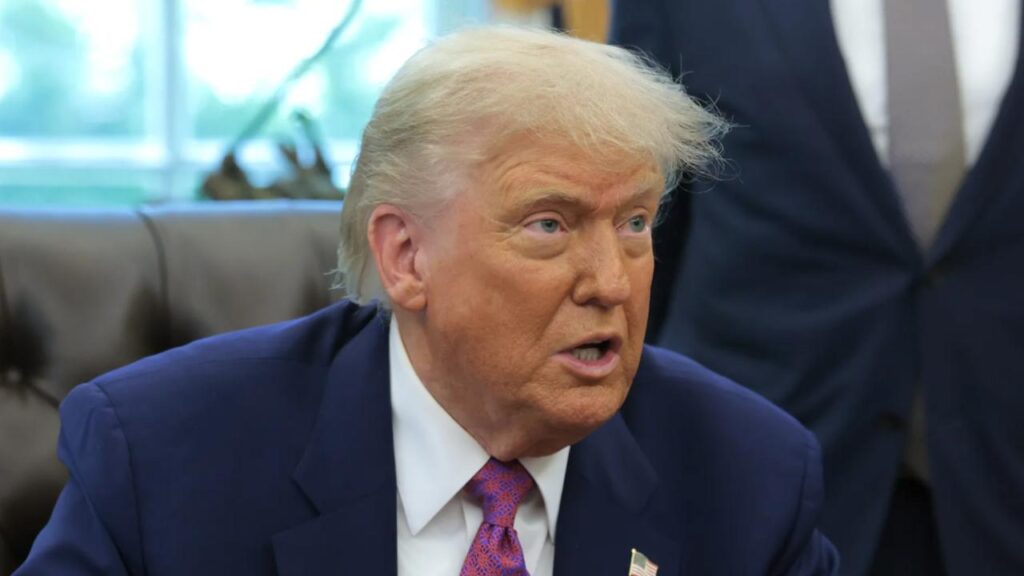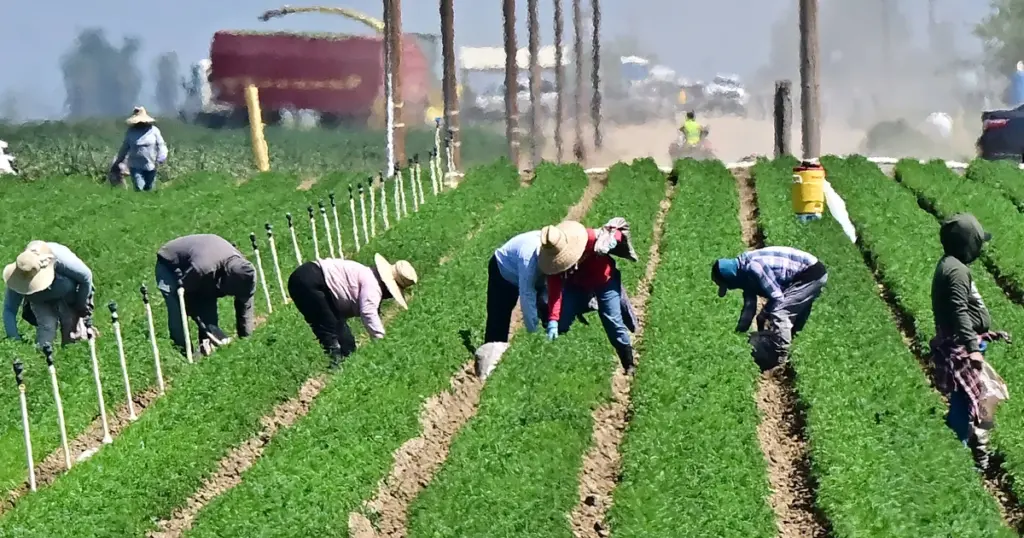In a move that surprised many of his staunchest allies, Donald Trump has begun publicly defending migrant workers—particularly those in agriculture and hospitality—despite his administration’s ongoing immigration crackdown. While no official policy has changed yet, his recent statements suggest a possible pivot that could reshape how the U.S. treats undocumented laborers who have long supported key sectors of the economy.

Trump Defends Migrant Workers Amid Crackdown
| Takeaway | Stat |
|---|---|
| Nearly 50% of U.S. farmworkers lack legal status | ~48% undocumented |
| ICE still enforces arrest quotas | 3,000/day nationwide |
| Trump hinted at potential executive order | Timeline unclear |
Trump’s defense of migrant workers marks a notable change in tone, but not yet in law. While an executive order could offer temporary relief, no official actions have been taken. With election season heating up, this looks more like a strategic play than a substantive flip—at least for now.
A Public Defense That Raised Eyebrows
Speaking at a rally in Arizona this week, Trump stated that “our farmers and hotel owners are hurting” and that “long-time workers who know the job should be allowed to stay.” This marks a notable shift in tone from a man who once championed mass deportations and campaigned on building a border wall.
The former president’s comments come as sectors like agriculture, food processing, and hospitality struggle with persistent labor shortages. Trump admitted that deporting experienced workers has made it harder for businesses to find replacements, especially in rural communities and tourism hotspots.
Are Policy Changes on the Horizon?
While Trump has teased the possibility of an executive order, nothing concrete has materialized. According to insiders, any such order might offer temporary work permits or protection from deportation to undocumented migrants who have held jobs in critical industries for years. But without formal details, the announcement remains more of a signal than a shift.
“We’re hearing that something may be drafted by DOJ and DHS, but the timing is unclear,” said a senior staffer close to the Trump campaign. That uncertainty leaves many migrant families and employers in limbo, unsure whether to prepare for relief or brace for continued crackdowns.
Enforcement Still Rolling Full Steam
Despite the new rhetoric, federal immigration enforcement hasn’t slowed down. ICE continues to operate under arrest quotas that average 3,000 apprehensions per day. High-profile workplace raids have been reported in California and Texas in the last month alone.
From personal experience reporting in California’s Central Valley, I’ve seen how these raids can empty entire orchards overnight, leaving fruit to rot and growers panicking. This contradiction suggests that while Trump may be softening his tone, the machinery of enforcement hasn’t changed course.

Industry Pressure Is Mounting
Leaders in agriculture and hospitality have long urged both parties to reform immigration policy. The current H-2A visa system for farm labor is often criticized as too slow, too bureaucratic, and too limited in scope.
The American Farm Bureau and major hotel chains have issued statements calling for expanded legal pathways or exemptions for long-time undocumented workers who have proven essential to their operations.
A Balancing Act Ahead of the Election
Trump now faces a complex juggling act. On one hand, he must appease hardliners like advisor Stephen Miller and VP J.D. Vance, who continue to push for stricter immigration enforcement. On the other, he risks alienating business owners and moderate voters concerned about labor shortages and food supply chains.
This might explain the ambiguity in Trump’s approach: sending positive signals to industries without upsetting his base.
What Might Happen Next?
| Scenario | Likelihood | Notes |
|---|---|---|
| Executive Order | Medium | Temporary relief for specific workers; depends on internal GOP consensus |
| Congressional Reform | Low | No current bipartisan momentum, but Agriculture Secretary urging action |
| Political Signaling Only | High | Likely a campaign strategy to win over industry voters without real policy change |






